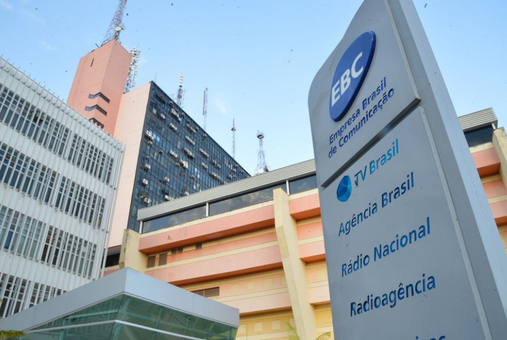
Sixteen journalists from Brazil’s public communication company (EBC, by its Portuguese acronym) handed in written statements describing humiliating situations taking place in the company on a daily basis, since the arrival of Jair Bolsonaro as Brazil’s president. Among them are workplace harassment, censorship, a climate of fear due to persecution at work, devaluation, and a lack of dialogue.
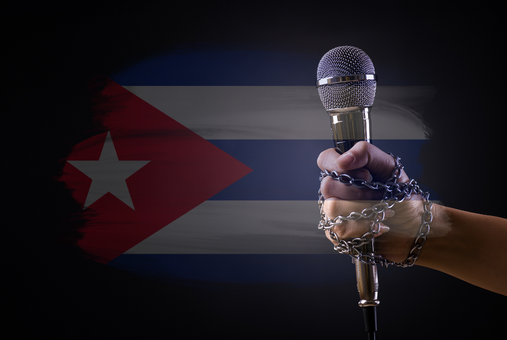
In the last two months, at least 12 Cuban journalists have decided to quit their jobs or leave the profession publicly as a result of the harassment they have suffered at the hands of Cuban State Security. These journalists have usually made their decisions public on social media.
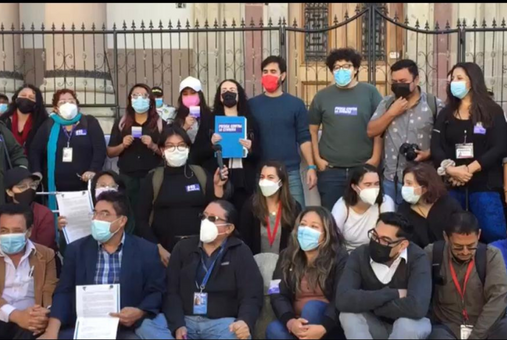
The arrest of José Rubén Zamora, journalist, founder and president of elPeriódico newspaper in Guatemala, has drawn international attention to the worsening of press freedom and the right to information in Guatemala. Journalists interviewed by LatAm Journalism Review (LJR) said that the arrest of one of the best-known names in Guatemalan journalism is a serious development in the escalation of attacks against the press critical of President Alejandro Giammattei's administration.
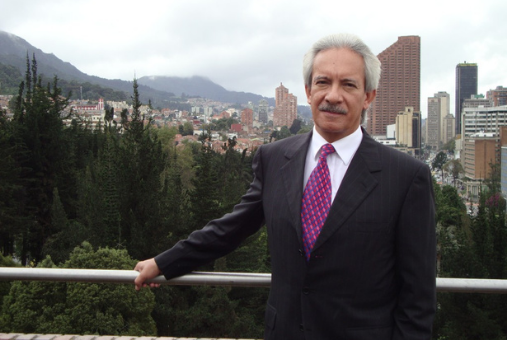
The International Center for Journalists (ICFJ) held the panel "Imprisoned for reporting: Guatemalan authorities target a prominent journalist" to discuss the case of journalist José Ruben Zamora, who will soon complete a month in prison. The panel was attended by Carmen Aristegui, Lucy Chay, Carlos Dada, José Zamora (son) and Carlos Jornet.
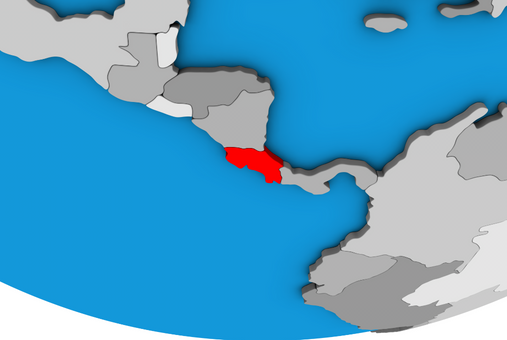
Three months into his presidency, the controversial, embattled Rodrigo Chaves has given Costa Ricans an unsparing earful of his feelings toward the press. In that respect, even the leader of the ‘Switzerland of Central America’ is no exception to the Central American rule. At the same time, it’s ironic that Costa Rica remains a haven for journalists exiled from Daniel Ortega’s Nicaragua.
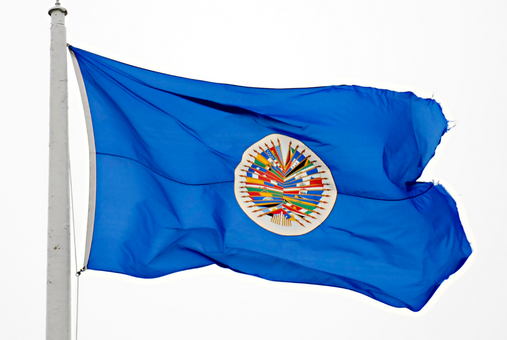
Aware that widespread disinformation and threats to press freedom pose threats to democracy, the General Secretariat of the Organization of American States (OAS) launched the Center for Media Integrity of the Americas. This center intends to hold training seminars and conferences and offer grants to encourage the production of journalistic investigations. John Feeley, executive director of the new Center, spoke to the LatAm Journalism Review about the initiative.
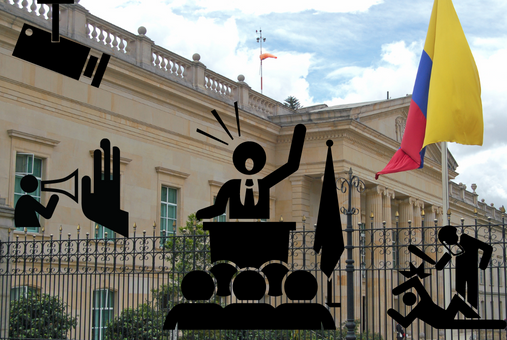
In FLIP's analysis, the government of Iván Duque, which ends on August 7, maintained a strategy of friend-or-foe with the press. With those considered critical, distrust and secrecy prevailed. In addition, he used human and economic resources to prioritize institutional communication and impose his narrative. This contributed to an atmosphere of polarization and built a wall that affected access to information.
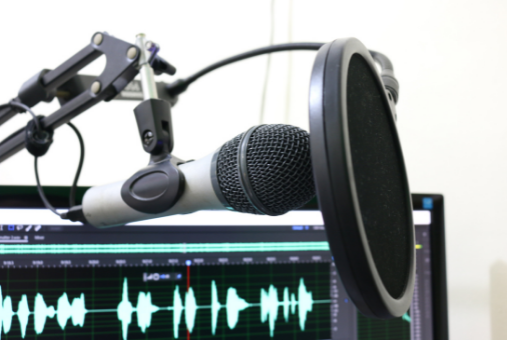
Via a podcast, César Pérez Romero, son of one of the directors of the Ecuadorian newspaper El Universo, decided to tell from a more personal perspective what was behind the historic case of the newspaper against then-president of Ecuador, Rafael Correa, during one of the most difficult times for freedom of expression in that country.

All winning stories in this year’s IPYS’s National Journalism Contest were published by independent digital news outlets. This situation remains the same, year after year, due to the Venezuelan government’s censorship. The collaboration and support of international organizations has been key to keeping investigative journalism alive in Venezuela

The Chapultepec Index of Freedom of Expression and Press shows the evolution of the indicators of freedom in the practice of journalism between 2019-2020 and 2020-2021. The Executive Branch appears to be most influential in unfavorable situations for the press in the Americas.
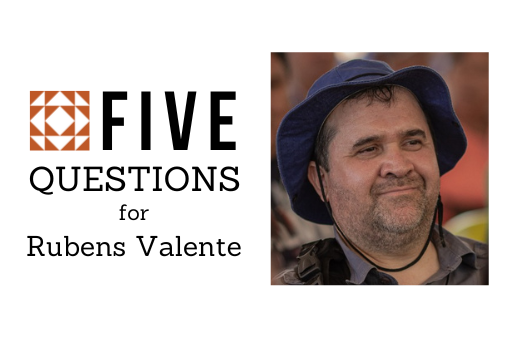
Brazilian journalist Rubens Valente participated in the "5 questions” section of the LatAm Journalism Review (LJR). In the interview, he talks about the conviction that forces him to pay USD 70,000 to a justice of the Supreme Court. "Its effect was that it provoked the worst censorship of all: self-censorship”, Valente said.
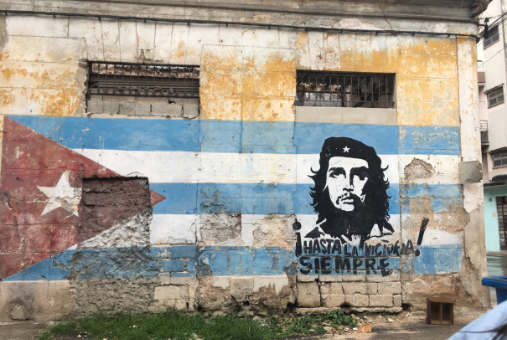
Amendments approved this month by Cuba's National Assembly, which hinder foreign funding and imprison anyone who slanders public officials, provide the Cuban regime with legal tools to justify its attacks on independent press coverage.